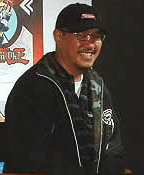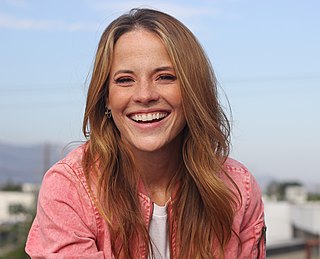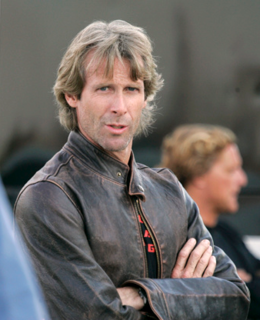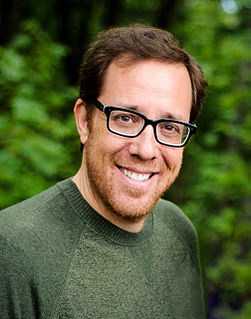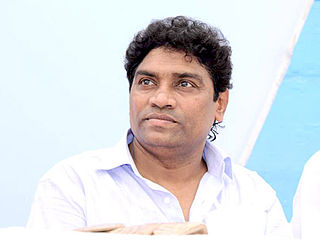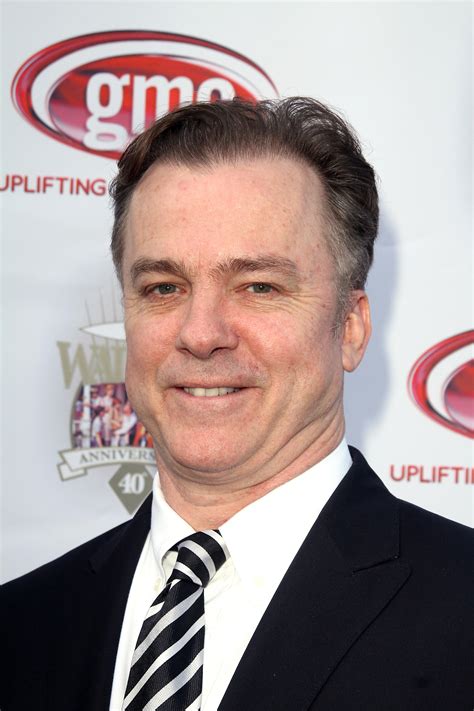A Quote by Ang Lee
Even dramatically how you position some person, the depth, the existence [in 3D] is different than a flat image even though by itself it has depth, we create the illusion of depth. For example, some of the shots I have to stay closer to the actor because it's a young actor, I like it closer for some of the shots. I watch 2D scenes next to the camera, then when I go back to my station and watch it in 3D I have to go back and reduce his acting, he has to shrink a little bit because he peeks out more.
Related Quotes
I hope people don't compare 2D and 3D because 3D's new, it's unfair to compare to 2D which is really sophisticated, even when we're jaded about it. 3D just began, give it a chance, let the equipment and projection system catch up and be better, let the price go down, let more filmmakers get a hold of it more easily.
It is indeed my opinion now that evil is never “radical,” that it is only extreme, and that it possess neither depth nor any demonic dimension. It can overgrow and lay waste the whole world precisely because it spreads like fungus on the surface. It is “thought-defying,” as I said, because thought tries to reach some depth, to go to the roots, and the moment it concerns itself with evil, it is frustrated because there is nothing. That is its “banality.” Only the good has depth and can be radical.
When we make films - even 2D films - you're always trying to create this illusion of 3D, anyway. You're trying to create a believable world with characters walking, in and out of the perspective, to create the illusion that there's a world. The desire and drive to create this illusion of three-dimensional space is something that is true about every kind of film because you want the audience to really be experiencing it, first hand. It's a natural extension of the storytelling and the process of filmmaking.
What makes a mockery of a lot of these 3D conversions, where they're shot in 2D and converted to 3D. Having laid a real 3D movie, you realize that it's right in the production design. You design sets that enhance the 3D and you design interactive elements, like the rain or smoke. If you're shooting 2D, you don't know about that.
Well, good science fiction is intelligent. It asks big questions that are on people's minds. It's not impossible. It has some sort of root in the abstract. So automatically you're getting closer to potentially divine sources of interest because it is abstract. It's one of the only ways that a film actor can express himself in the abstract and have audiences still go along for the ride. They don't contend it. They accept it, that they're going to go places that are a bit more of the imagination, a bit more out there, and that's more and more where I like to dance.
The difference between a regular camera and a 3D camera, for an actor, is really no different except that the turn-arounds are longer. It takes a lot longer to set up a shot because the cinematographer is really trying to set up a whole world, so it can't be more intricate and more beautiful to the viewers, in 3D.
Some people think that Southern hip-hop doesn't have any depth. They think it's just noise, all about people having a good time in the club. And some of it doesn't have a lot of depth, it's true, but some does. I wanted to work against that stereotype. These are verses by Southern artists who are really wrestling with what it means to be here, young black men who are trying to figure out how to live in the South. So I wanted the epigraphs in my novels to reflect that.

